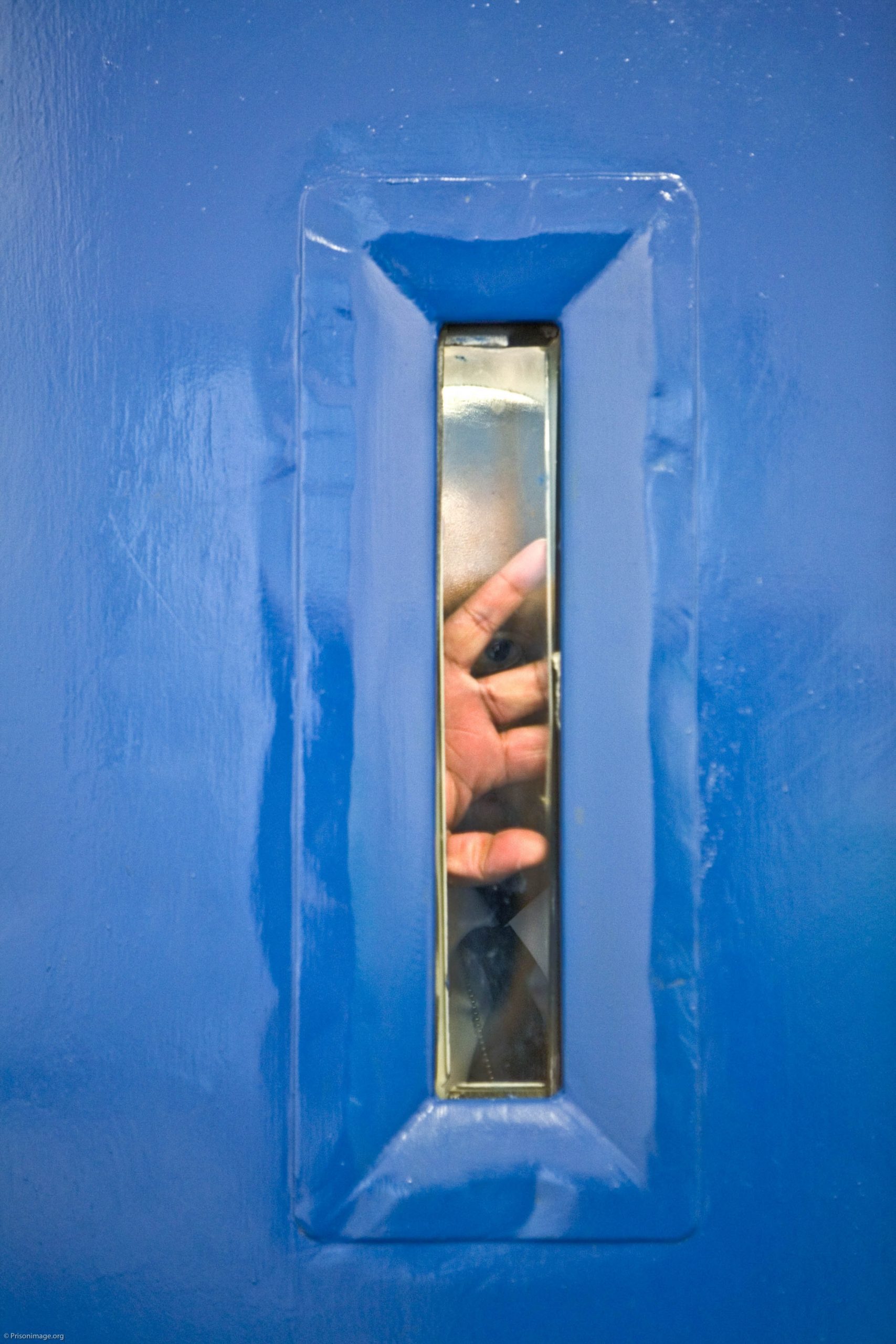Three prisoners have been held in cells without running water or a toilet for two weeks. Conditions at HMP Erlestoke, a category C prison in Wiltshire, were described by the chief prisons inspector as the worst he had seen in the 40 inspections his team had conducted since the pandemic started and revealed increases in violence and self-harm.
Last month, HM Inspectorate of Prisons visited Erlestoke to assess the conditions and treatment of prisoners since the heavy restrictions introduced during the COVID-19 pandemic. Erlestoke was holding around 500 prisoners at the time of the visit and most were serving lengthy sentences, about a third of which were indeterminate of life sentences. Levels of self-harm had increased with incidents involving the use of force were found to have doubled since the start of the pandemic. Despite prisoners being locked up for most of the day, the level of assaults had remained similar to the level before the lockdown
The report found serious safeguarding concerns about the lack of social care provision for vulnerable prisoners with disabilities, who had been left unable to clean themselves, their cells or collecting food. Those prisoners in cells without toilets were given buckets. Furthermore, HM Inspectorate of Prisons discovered that some prisoners were held in ‘inhumane and degrading conditions’ for weeks.
Almost one third of prisoners (32%) said it was easy to get drugs in the prison and 370 litres of hooch (illicitly brewed alcohol) had been discovered post-Lockdown.
HM Chief Inspector of Prisons, Peter Clarke called it ‘a very troubling visit’ and reported that the response to the pandemic had ‘led to a less safe, less decent and less purposeful prison. ‘Well-led and properly supported local innovation and flexibility are now urgently needed to restore the acceptable treatment and conditions of the prisoners held there,’ he added. Clarke told BBC’s Radio 4’s Today programme yesterday that the prison urgently needed ‘some accountability, leadership and grip’. He pointed out that the governor had been on leave and was ‘noticeable by his absence’.
Clarke said: ‘Although the amount of time prisoners could spend out of their cells had been increased in the early stages of lockdown, during our visit in August most prisoners still only received 45-minute sessions in the morning and the afternoon, and an additional half an hour one evening a week.’
A Prison Service spokesman said that they were ‘urgently working to identify additional improvements we can make to prisoner safety’, that the prison would ‘receive additional staff training and specialist support to help drive down violence.”







